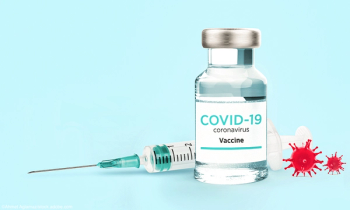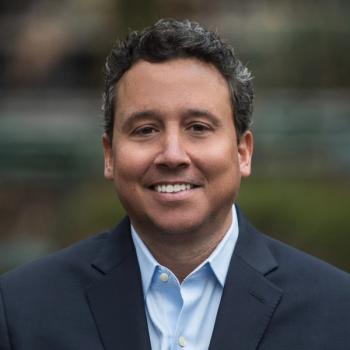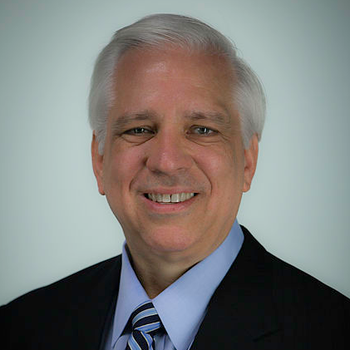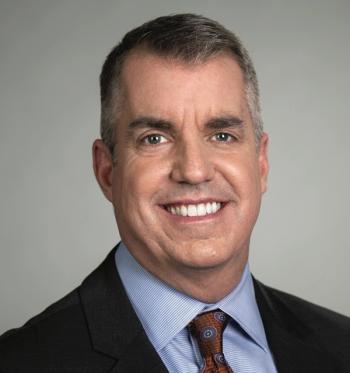
Telehealth holds the promise of increasing access to care. But research findings concerning direct-to-consumer (DTC) telehealth, reported in JAMA Network Open last month, suggest that it might not be as simple as that.

Telehealth holds the promise of increasing access to care. But research findings concerning direct-to-consumer (DTC) telehealth, reported in JAMA Network Open last month, suggest that it might not be as simple as that.

Healthcare workers, residents of long-term care facilities, and many public leaders have been the first to receive a Covid-19 vaccine in the U.S., but it’s essential to consider disadvantaged communities for phase 2 of vaccine deployment.

The complexity of the phased approach to COVID-19 vaccination will require strategic use of data and communication.

The pandemic has accelerated dramatic changes to the health industry such as virtual care, mental health and health equity.

Study findings can help clinicians focus on vulnerable patient populations who require access to specialty medical care.

Rimegepant is tolerable and effective in patients with migraine.

Survey of millions of consumers shows evolving trends in healthcare through ongoing pandemic, from future of care delivery, care deferment to patient-provider relationships.

UT Southwestern Accountable Care Network in Dallas led the pack in 2019 shared savings, garnering $50,626,938.

In this week’s episode of Tuning In to the C-Suite podcast, MHE's Senior Editor Peter Wehrwein and Associate Editor Briana Contreras spoke with CEO of Syntellis Performance Solutions, Kermit Randa. In the discussion they talked about a recently released survey by Syntellis called the 2021 Healthcare Financial Trends Survey report, which highlights how finance leaders pivoted in 2020 and the way they will continue to evolve in 2021.

AstraZeneca’s leading diabetes medication could be approved to treat chronic kidney disease for patients with and without type 2 diabetes.

New treatment for metastatic HER2-positive breast cancer is called Margenza.

The ACP makes recommendations to reduce healthcare disparities and disrimination.

Surveys are important, but respondents may hide their true thoughts and feelings.

The COVID-19 pandemic in the U.S. has led to a significant drop in medical procedures as a result of individual and organizational precautions. This decrease, particularly during the first months of the pandemic, has and will continue to have severe implications for plans, providers, and patients.

Sumit Dutta, MD, MBA, of OptumRx, talks to MHE about drug use among Americans during the COVID-19 pandemic and about vaccine distribution to its members in this part two of a two-part video interview series.

There currently aren't enough vaccines in the United States, and between the Pfizer and Moderna vaccines, the two are very important to get their hands on, Sumit Dutta, MD, MBA, of OptumRx, says in this part one of a two-part video interview series.

Injectable treatments may start to replace daily pills.

The Pharmacy partnership program with nursing homes and assisted living facilities has benefited patients most vulnerable to COVID-19 with the vaccine rollout. The American Health Care Association and National Center for Assisted Living claim, so far, things are going ok.

How sharing patient info improves care and streamlines provider processes

Under New Jersey's final-offer arbitration system, median arbitration award was 5.7 times median in-network price. Researchers say use of billed charges leads to high awards.

By using proactive care approaches for mental health, we have a tremendous opportunity to provide better care, reduce costs, and improve quality of life for millions.

Briana Contreras of MHE spoke with Josh Claman, CEO of Rimidi about the strong need for a permanent remote patient monitoring, or RPM, reimbursement reform, and how our health industry can come together to influence this change. The two also discussed the benefits of RPM technology for underserved, uninsured or Medicaid populations, and the benefits of RPM during and beyond the COVID-19 pandemic.

Many pharmaceutical manufacturers are raising prices this year, but at a lower overall rate than in the past couple of years, according to a new analysis.

Telehealth solutions are here to stay.

More oncologists are experiencing burnout due to the loss of face-to-face interactions with patients, according to a report from Cardinal Health Specialty Solutions.

Amphastar Pharmaceuticals’ generic version will offer stiff competition to Eli Lilly’s Glucagon Emergency Kit for Low Blood Sugar.

For practitioners, there are real and unsettling questions as to what awaits in the future. Practitioners will find a new and evolving landscape is searching for liability insurance for 2021 and beyond.

In this final part of a three-part video series, Craig Samitt, CEO and president of Blue Cross Blue Shield of Minnesota talks with MHE about their focus on social determinants of health and the Covid-19 vaccine.

New research by shows how one of the major scientific breakthroughs of recent years might be used to eliminate HIV infection.